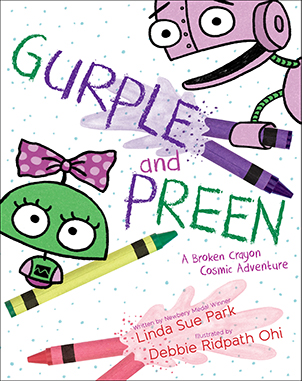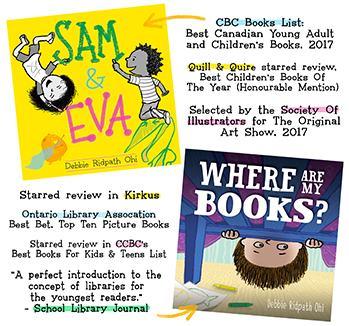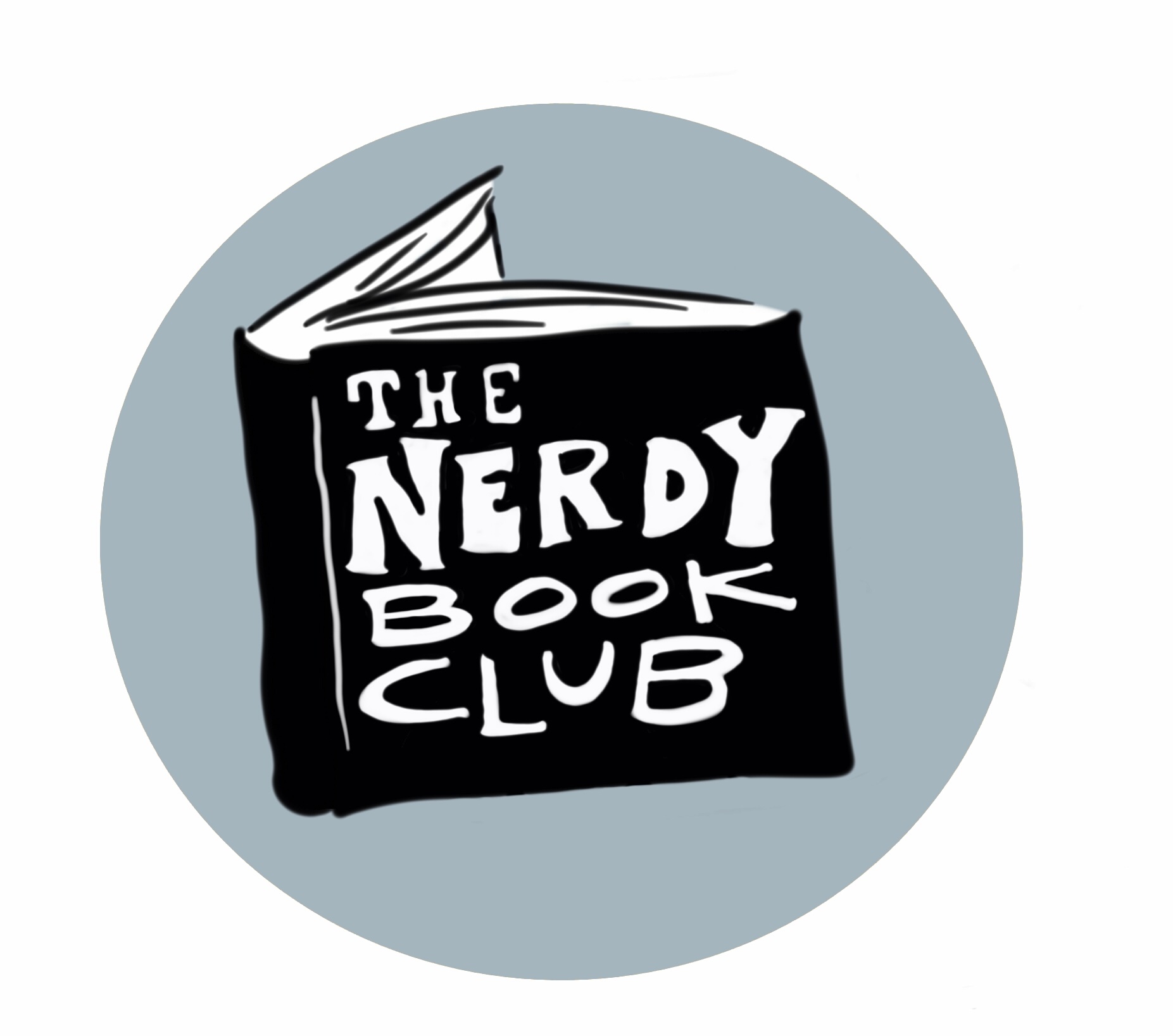"Read big and WRITE." Advice for young writers from Danielle Younge-Ullman (EVERYTHING BEAUTIFUL IS NOT RUINED)

I recently finished EVERYTHING BEAUTIFUL IS NOT RUINED by Danielle Younge-Ullman and adored it. I'm not surprised it's garnered so many rave reviews as well as being a finalist for the Governor General's Literary Award. I've always been a fan of survival-type stories, and Danielle's YA novel combines this with beautiful writing as well as a complex and entirely believable main character. I loved that Ingrid had a musical background, her complicated relationship with her mother, how her character gradually develops throughout the book. Highly recommended.
Danielle Younge-Ullman is the author of EVERYTHING BEAUTIFUL IS NOT RUINED, and LOLA CARLYLE'S 12 STEP ROMANCE, and of the adult novel, FALLING UNDER. Danielle studied English and Theatre at McGill, then worked as professional actor for ten years. She lives with her husband and two daughters in Toronto. You can find out more about Danielle at DanielleYoungeUllman.com as well as on Twitter, Instagram and Facebook.
Synopsis of EVERYTHING BEAUTIFUL IS NOT RUINED (Razorbill Canada / Penguin Random House):
Wild meets The Breakfast Club in this story of a girl who must survive an extreme wilderness experience to prove to her mother that she has the strength to pursue her dreams.
Thanks to Danielle for answering Three Questions for me today....
Q. Could you please take a photo of something in your office and tell us the story behind it?
This is a table that I’m using as a desk right now—it’s not in my office because I even though I have an office, I always gravitate towards the center of my house to work:

I am revising the very first draft of my new novel, and at this stage I need to look at structure. So, on this table are cue cards cut in half with scene and chapter names written on them.
The chapter names are mostly temporary, and I am moving things around, trying to figure out what order to tell this particular story in. Certain scenes have been jettisoned, and are in pile on the side, and I’m also making note of where new scenes need to be written to fill gaps that I’m only now able to see.
In addition there’s a notepad, and each time I rearrange the cue cards I write down the order, in case I want to go back to it. Once I’ve made the decision about which way it’s going to go, then I get on my computer and start messing around with the actual document.
Q. What advice do you have for young writers?
1) Read big.
Read like crazy, and read everything. You might have a favourite category or genre, but the more widely you read, and the more you challenge yourself by reading different kinds of books (and plays, and poetry, et cetera) the more you’ll have to bring to your own writing. I studied theatre, and I know that I pull from that, but I also read very broadly.
Everything you read influences the way you think about language, the way you look at people and the world, the vocabulary you have available to you when you sit down to write. All of this this happens without your having to consciously think about it when you’re reading, which is the closest thing to magic I’ve experienced. You can even learn a lot by reading a not-great book, or a book that’s not to your taste, because then you can put your critical thinking hat on and try to figure out why you don’t like it, or what the problems are, and then avoid those problems in your own writing.
2) Write.
Writing is something you learn by doing. Keep journals, write short stories, plays, novels, whatever you can. I kept journals through many stages of my life, starting when I was a teenager, and I think that’s where I learned to really dig deep to explain how I was feeling about something, or to describe a person or a moment, and it was a place I could also be brutally honest, because it was private and no one was judging the writing, or me. These skills have served me well as a novelist.
Q. What are you excited about right now?
I am really excited about my TBR list right now, and about the prospect of diving into it over the winter holiday. I’m reading all the time, but there are a couple of times a year that I plan some serious binge reading—August when we go to the cottage, and December/January. My kids and I are going to read as many of the Forest of Reading nominees as possible.
------
For more interviews, see my Inkygirl Interview Archive.












 Saturday, December 9, 2017 at 11:35 AM
Saturday, December 9, 2017 at 11:35 AM
Reader Comments